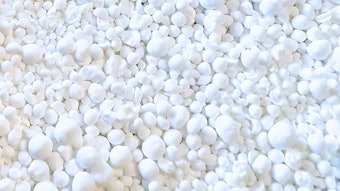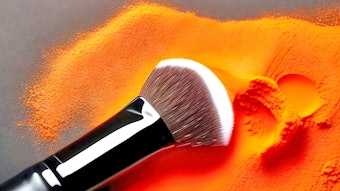Today’s consumer demands more sophisticated skin care. In response to those needs, the personal care industry has shifted its focus to “visible effectiveness.” Peeling or exfoliation of keratinized cells is widely recognized and used because it acts directly on external skin problems such as dull skin color, coarse skin texture, large pores and acne. Old keratinized cells result from thickening of the stratum corneum (SC). Chemical peels, which primarily use α-hydroxy acids (AHAs), are less than ideal because of the harshness, dependence on a dermatologist and other challenges to overcome before using them in daily skin care. Proteases are effective in exfoliating keratinized cells, as well as safe on the skin; thus, we are researching and developing a cross-linking subtilisin (CL-SB) high-molecular-weight (HMW) enzyme derived from serine protease of a microorganism, Bacillus licheniformis. Currently, we are evaluating its safety, effi cacy, usefulness and stability in skin care cosmetics. This article describes the exogenous protease (an enzyme that digests protein) that we have developed.
Examining an Exfoliation-Promoting Enzyme for Cosmetic Applications
Feb 16th, 2009










